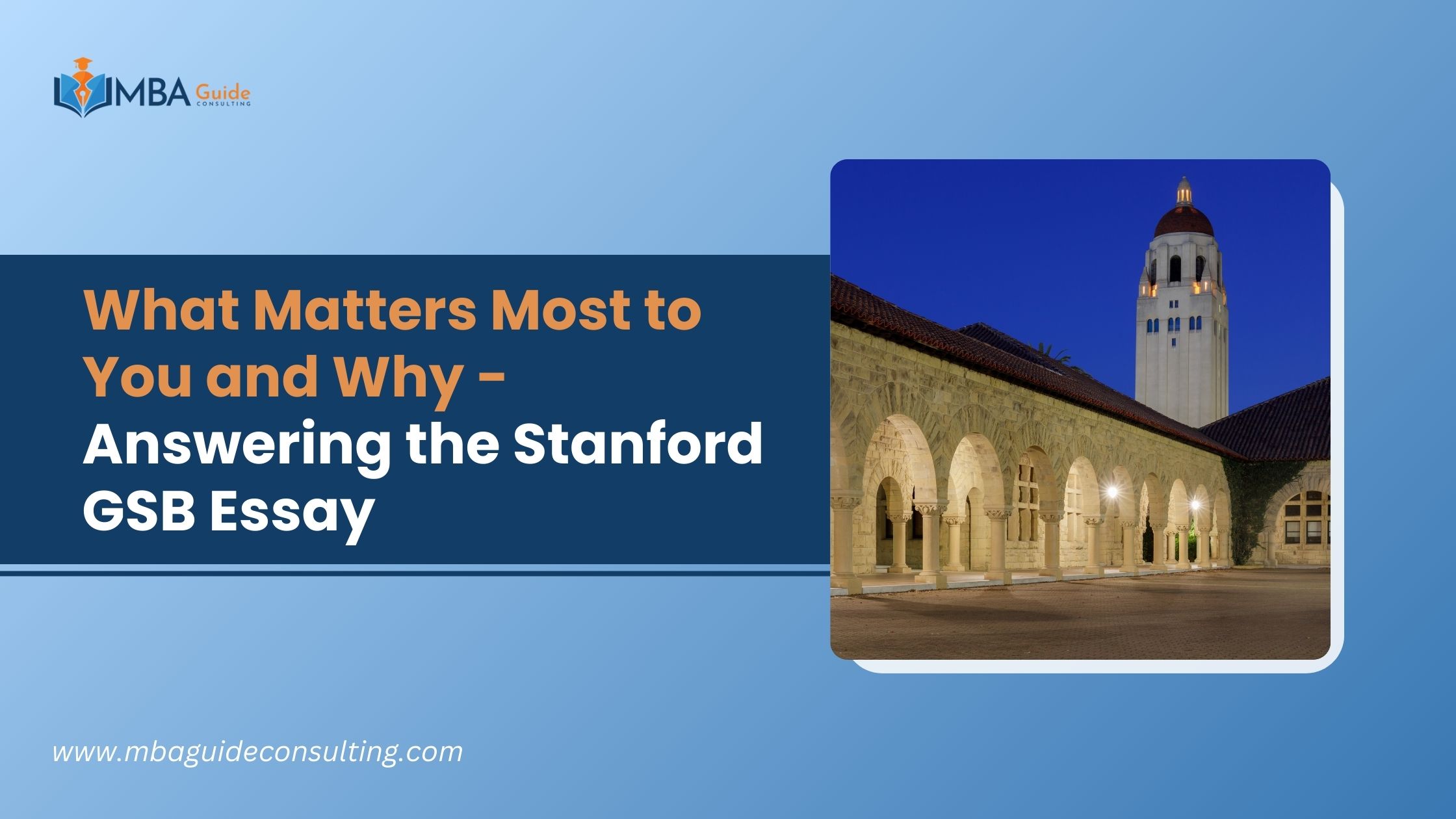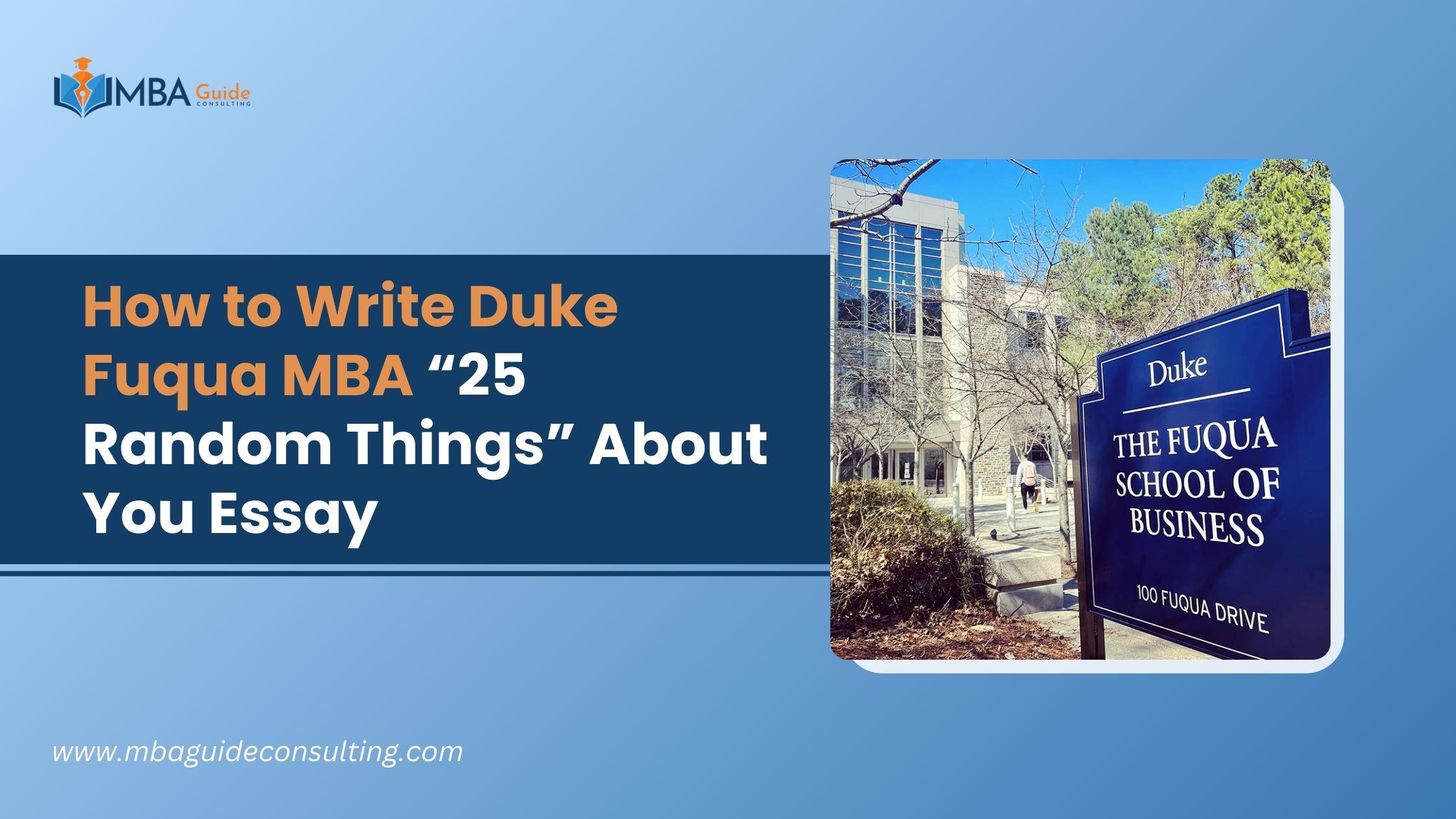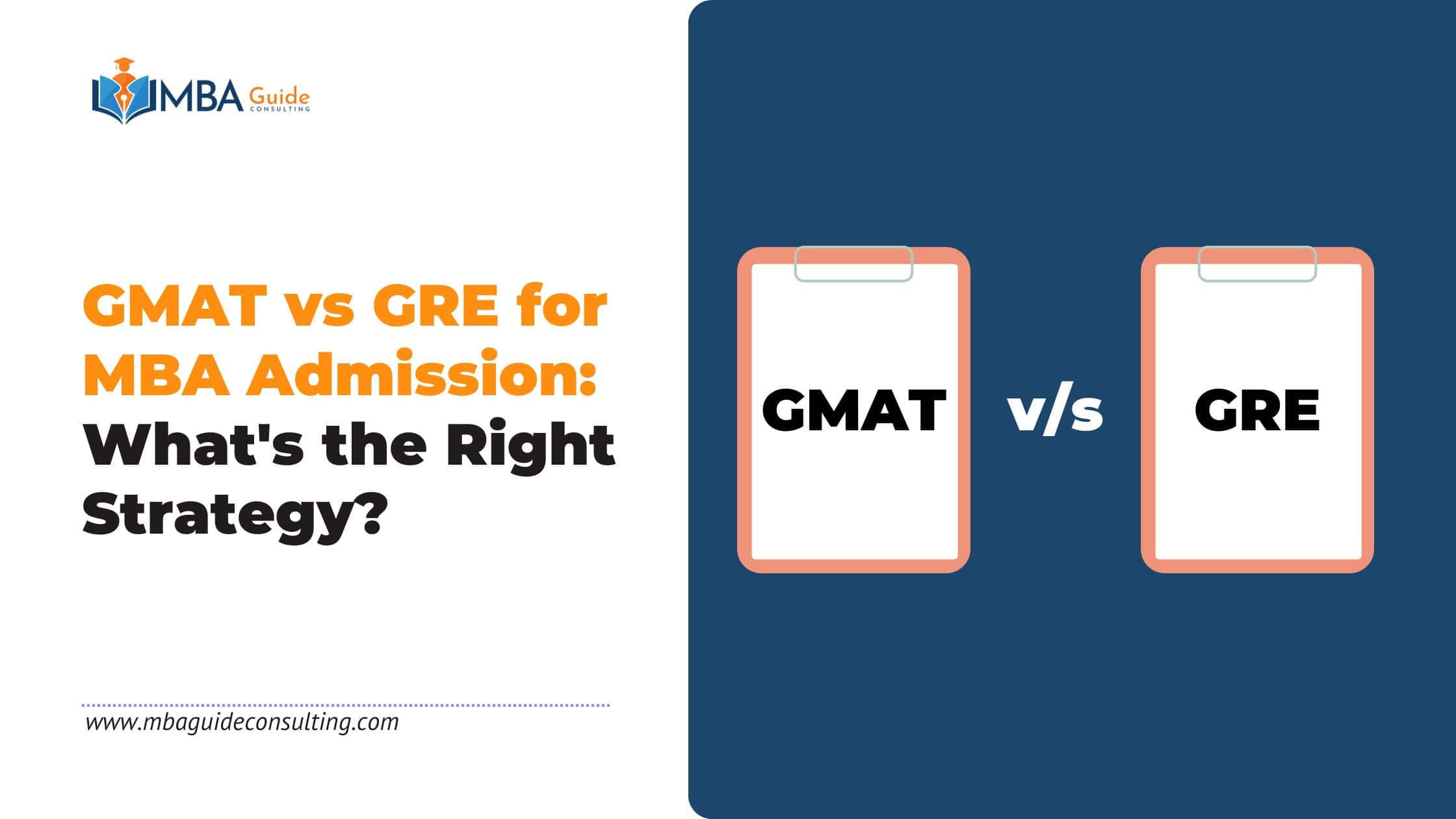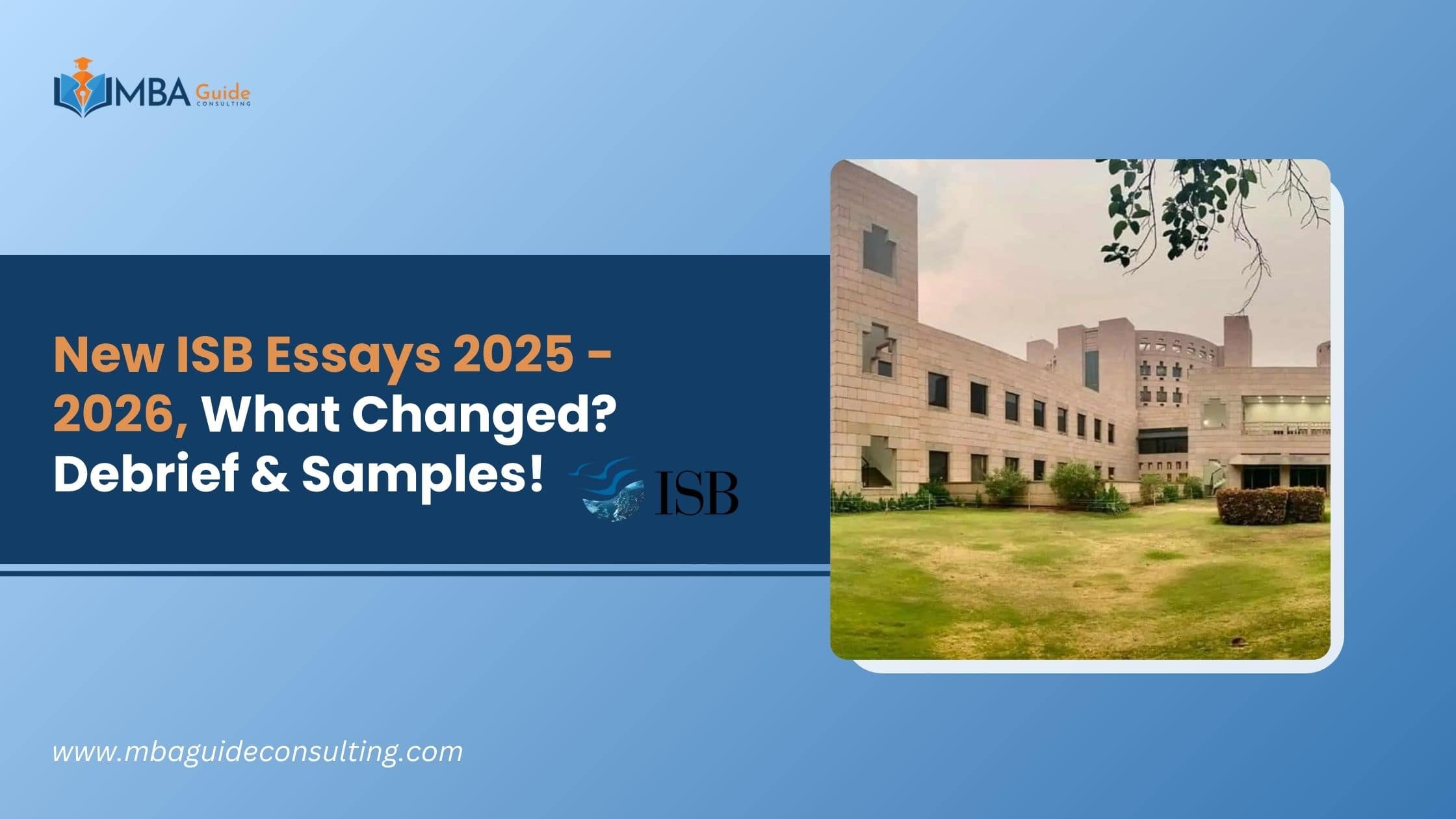What Matters Most to You and Why- Answering the Stanford GSB Essay
Stanford’s “What Matters Most to You and Why,” GSB Essay
If you’re reading this essay, you probably lead a busy life.
You are firmly entrenched in your career. You are part of a thriving professional network that you are yet looking to expand with the Standford MBA, and you have some disposable income along with ambitious goals for the future. But in a sudden twist of fate, if the world teeters on the brink of oblivion and your entire existence flashes before your eyes in your final moments, will you look back on your life’s choices with bittersweet nostalgia, or will a regret gnaw at you for abandoning what really mattered in life’s final moments?
This essay, which has been an integral part of the GSB application for some time now isn’t about what you might think the adcom wants to know— your grand noble aspirations, lofty goals, or career plans. This a thought-provoking question used by GSB adcoms to identify individuals with above-average reflective capacity and an equally strong ability to make honest and authentic statements in business school applications and in life generally.
An MBB consultant brainstorming this essay once said to me, “Aanchal, I want to improve the situation of education in my country. My family had to go to extreme lengths to send me to school and they inspire me to do something so others don’t have to face the same challenges. This is the most important thing to me”.
“But is it really?”, I asked. Answering this essay is so difficult. Why? Because we as humans have become exceptionally good at “illusory superiority,” where repeated exposure or internalization of an idea can lead someone to believe it to be true or the most important, even if it wasn’t originally perceived as such.
Aiming for a Shot at The Top B-Schools But Confused About Your Strategy? Reach Out to Us
When I asked this candidate, ‘So, what sacrifices have you had to make in your life and forgone lucrative options because this path was more important to you than anything else?’ the Stanford aspirant looked confused. It was obvious this question made the person confront internalized beliefs without first thinking about what really takes precedence.
Your post-MBA plans may encompass noble pursuits and aspirational goals over the short to long term that look very impressive to read on a Business school application. But let’s be honest, these goals don’t always stem from what truly matters most. Perhaps it is the duty toward parents or earning money that mattered most to this candidate because this person had zero financial safety net in the most difficult years. Maybe it is the position of power and respect that can make a top management consultant give up their work life balance and work a 80-hour week. The “What matters to you essay” gives you freedom to write about anything as long as you are authentic and truthful about it.
Successful Stanford candidates have penned heartfelt essays about the desire for excellence, the importance of family and friendships, exploring the world, financial security, LGBTQ rights, career success, women’s safety and social status, among other topics as things that genuinely mattered to them. It might be different for you.
Once you identify what is really important to you, make a series of reflections in the essay regarding WHY that thing is so important. Give examples of moments when you felt compelled to pursue what really makes you happy instead of other paths you painfully decided not to take. Recalling significant opportunities you passed up to prioritize what you hold dear strengthens your answer. We are naturally drawn to respond to emotion (and so are admissions officers). Strong, supportive examples add depth and authenticity to your answer.
Feeling uncertain about your chances of getting into top B-schools? Sign up for a free one-on-one personalized advice session tailored to your specific situation.




